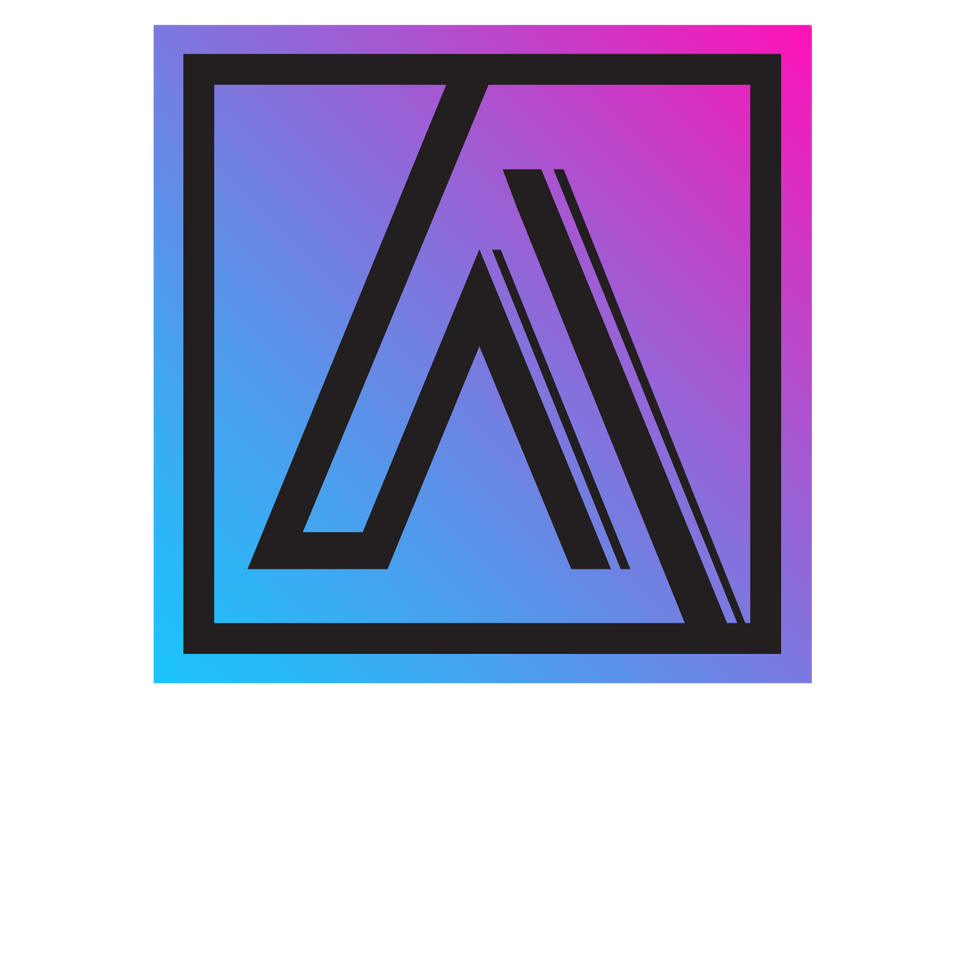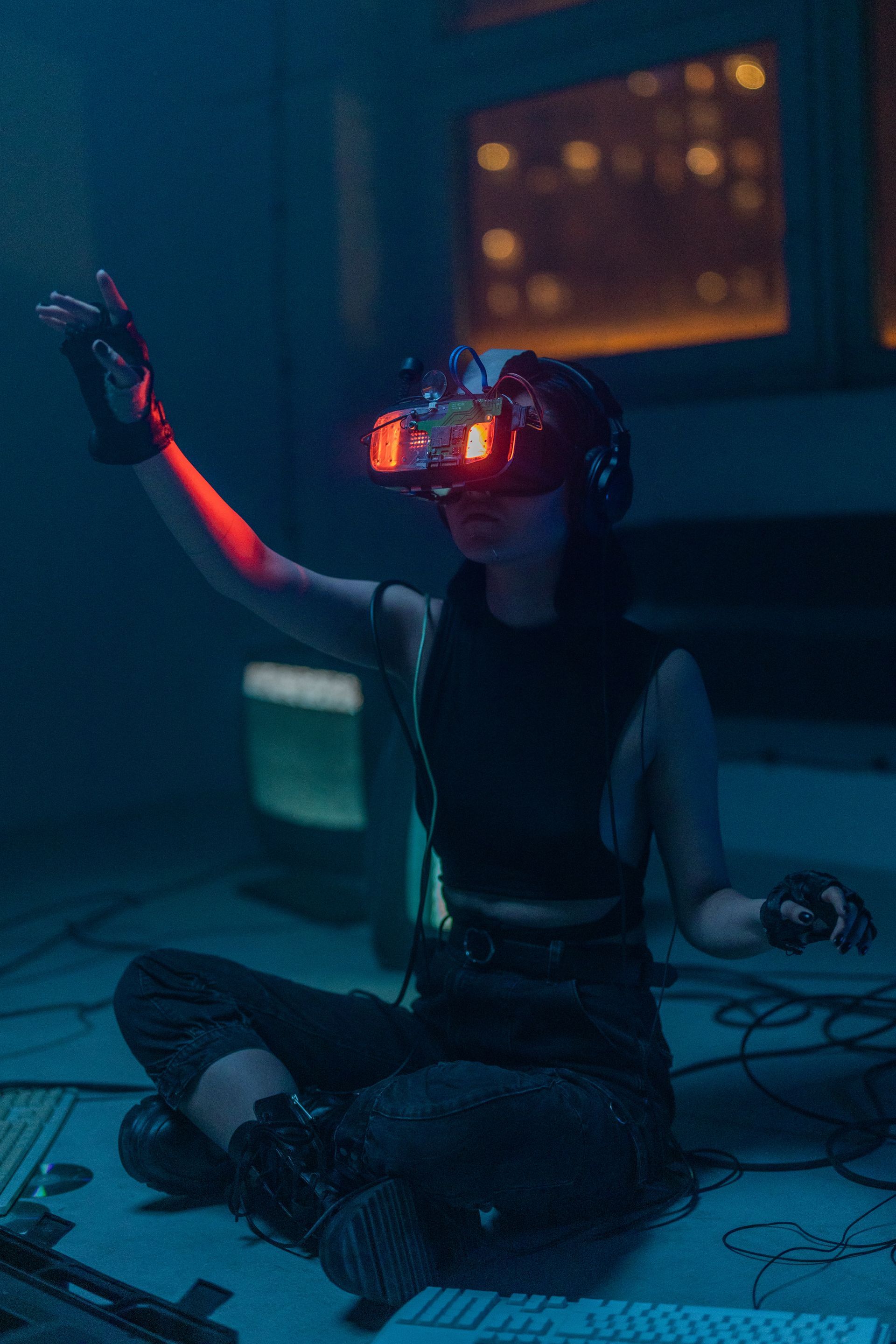
Original Post Date: November 9, 2020
Though I don’t claim to be a psychic, VR is very much the future of technological integration in society.
You might think this has been claimed about VR for decades, and it’s all hype with no substance. While I understand this sentiment, with the Covid-19 pandemic we have experienced a real acceleration in VR technological development as we try to recreate social engagement while maintaining social distance policies. It’s no longer driven by a want for entertainment but a necessity in uncertain times.
VR has the potential to create and allow us to experience anything we dream of. With limitless possibilities come an incredible amount of legal problems. The challenges for lawyers, policy makers, and developers involve determining how to protect people’s rights to privacy, property, and security without impeding technological growth and development.
As you’ll soon see, it’s not an easy task.
What is Virtual Reality?
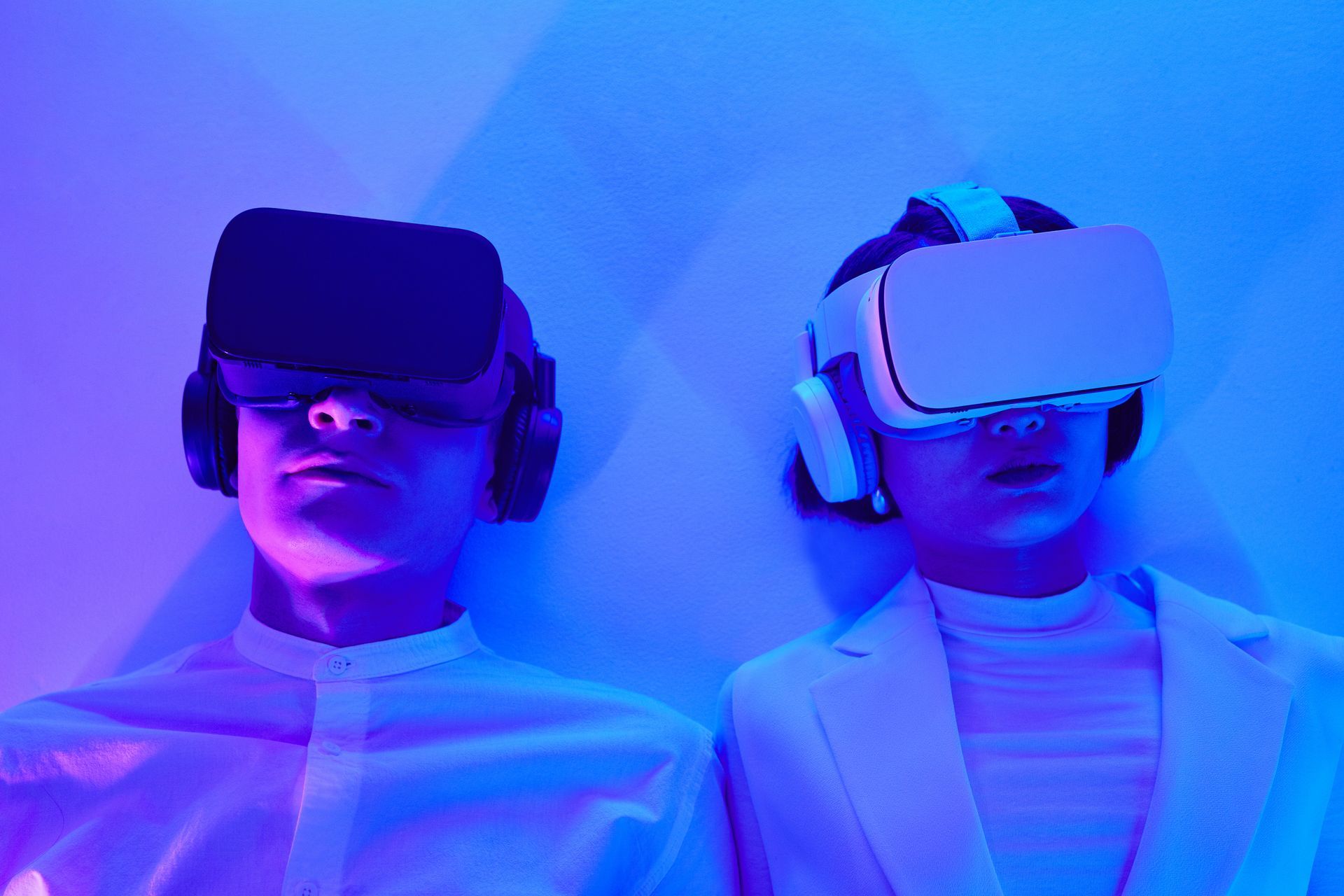
I expect many of you are already familiar with VR, but I’ll give a little background just to be sure.
VR is essentially a virtual and immersive simulation of a designed world. Primarily, we commonly experience immersion through the visual and auditory senses, but with the development of haptic feedback, touch or the tactile sense has become possible in more advanced VR devices.
The plan is to incorporate full immersion of all senses to make the virtual world indistinguishable from the real, and some organizations such as OVR Technology are making huge leaps into implementing smell and olfactory senses.
You’re likely familiar with VR representations in pop culture through literature, film, and games such as Ready Player One, The Matrix, Black Mirror, and the Assassin’s Creed games. These depictions come with their own versions of VR ranging from head-mounted displays with body suits, brain implants, or the plug-in “headjack” that connected Neo to the Matrix.
In these examples, the user experiences a fully immersive world through an avatar or digital persona, designed to represent the user in whichever way they choose.
Though we aren’t quite a the levels represented in films, we can experience VR through the use of headsets or a head-mounted display that uses stereoscopic graphics, binaural audio systems, and real-time head tracking. Through mobile devices such as Samsung VR Gear and Google Cardboard, VR technology is widely accessible, allowing people to experience a simpler version with their smart phones.
Limitless Data Collection

You might ask if the versions of VR in shows like Black Mirror are actually possible. Well, technically yes, and we can envision the type of VR platform depicted in Ready Player One, called the OASIS. In fact, we may be seeing the early stages of something very similar with Facebook and their beta platform, Horizon.
In fact, Facebook is investing heavily in VR, and are the technology’s single biggest investors with the data tech giant’s CEO Mark Zuckerberg citing VR and Augmented Reality (AR) as the next major computing platforms.
With the upcoming release of the new Oculus Quest 2, Facebook has required users to log into their Facebook account to access the VR device. This raises a number of privacy issues and concerns. We already live in a world with growing fears for our data privacy, and now VR technology can augment and multiply these concerns.
Imagine logging into VR with your Facebook account, and how Facebook will be able to collect your information and habits based on how you interact with an entire virtual world. By being able to track your eye movements, your facial patterns, your interactions, and your heart rate, data collection is limitless.
It is inevitable that data will be recorded and collected, but with the right laws and regulations we can ensure user data is kept private and secure. We must strive to guarantee that user data remains the property of the users. Therefore, it is imperative that lawyers work together with creators and developers to safeguard a secure and enjoyable future for VR.
A Decentralized Metaverse

Though I want to open your eyes to the potential of limitless data collection, I also want to highlight an alternative approach that is shaping the future of VR, the Metaverse.
Through platforms such as Ethereum, many developers are creating virtual worlds like Somnium Space and The Sandbox, that are all tied together in the Metaverse. The aim is to decentralize the VR experience and keep user data and information secure and anonymous, while also protecting assets through tokens.
This decentralized process is enabled through blockchain technology and tokenization of assets. With tokens tied to blockchain, users will be able to securely take their assets and VR avatars to as many virtual platforms within the Metaverse.
I know this is highly idealistic, but with blockchain we could indeed experience a decentralized VR and Internet.
There is so much potential in VR and I encourage you to keep yourself informed on the development of both Facebook’s plan and the players involved in a decentralized vision of VR.
Legal Challenges

I haven’t yet scratched the surface of the legal implications facing VR. What may await is truly a Pandora’s Box of possibilities.
To try and demonstrate an example of some legal challenges, imagine an entire virtual world that feels and operates almost exactly like the real world. You can see, smell, hear, touch, and taste the world while your mind and body can’t tell the difference between what is virtual and what is real. It’s visceral, and even your intuition can be “tricked.”
As an avatar in this world, you're traveling down a dirt path venturing out into a forest. While you enjoy yourself and take in the sights, a friendly-looking person approaches you. It turns out the person isn’t so friendly after all and they rob you of all your assets leaving you to fend for yourself in the wild. Not only have you lost everything you own, but you’ve become a victim of a traumatic and disturbing attack.
What are the implications of this, and how did that experience affect you? Does it feel like you’ve been assaulted in the real world? Do you feel physical pain, or did you set your VR settings so that you’re less sensitive to feeling harm? Regardless, you’ve still suffered an attack and you’re likely to be psychologically shaken up by it.
This is a tiny example of what can be experienced in a fully immersive virtual world. Yet, with that come a number of questions: How does this crime affect you emotionally, physically, or psychologically; how will the perpetrator be disciplined; and how will you get your assets back after all the hours it took to acquire them?
Let me add that the perpetrator was actually a minor living in a country on the other side of the planet, with a different political and ethical approach to the effects of VR experiences on people’s psyche.
How do you deal with this situation with the added jurisdiction dilemma? Where do you even begin?
It’s overwhelming, but again, this is just a glimpse of the potential legal and ethical challenges we as a society have to undertake.
VR will raise similar questions in almost every facet of society, from personal injury to romantic relationships with your partner. I’ll discuss this in a later post, but can you imagine how divorce lawyers are going to deal with clients who say their partner cheated on them through their virtual avatar?
The scenarios are endless.
Overcoming Legal Challenges

Taking a crack at the potential legal and ethical challenges we’ll face with VR, lawyers and scholars have suggested different approaches. Some believe that we can directly apply our existing laws to the virtual world, while others suggest a reworking of existing laws and creating new laws entirely, with a better understanding of the social and psychological effects of VR technology.
An interesting alternative that makes a lot of sense involves developers using code to program rules and laws directly. It’s also been suggested that developers and the virtual platform’s operators can deal with “troublemakers” through Terms and Conditions.
I briefly mentioned something similar to coding in the forest example, where the user can adjust their VR settings to customize their virtual experience. A feature can be coded in so that if a user wants to feel physical pain, then that’s something they can opt-in and adjust, shifting the liability onto themselves. The brain behind Somnium Space, Artur Sychov, also mentioned they were implementing a similar strategy, whereby the user can choose to opt-in to experience things some might find offensive.
Through a combination of programming code and agreeing to Terms and Conditions, the user can design the virtual experience to their satisfaction. But even with coding and the enforcement of Terms and Conditions, challenges will continue to persist. A potential hacker might bypass the code and attack a user regardless of what settings they’ve chosen for themselves. Yes, they’d be disciplined for violating the Terms and Conditions, but it doesn’t necessarily prevent the attack and resulting trauma from happening.
There doesn’t seem to be a silver bullet to solve these potential legal challenges, but we’re at least having the conversation and considering different methods. Ultimately, it may require us to use a combination of existing, new, and coded laws to ensure an enjoyable VR future.
Conclusion
With great potential comes great responsibility.
I may have painted a concerning picture of what the future of VR holds in store, but I want to assure you that minds around the world are working to make VR a safe experience in which you can work, live, and play.
VR isn’t just an immersive video game where our interactions are monitored by tech companies. It also offers a glimpse into a beautiful and efficient future. Many industries ranging from health care to construction and architecture are already taking advantage of what the technology has to offer.
Through virtual simulations, doctors can train, test, and perform innovative surgical methods that will improve health care and ultimately save lives. VR provides a perfect testing ground to simulate experiments so that we can better understand them before implementation in the real world.
Performing simulations in VR has created a new boom in the VR enterprise market with more companies welcoming the technology. The health care industry, manufacturers and even national militaries are saving millions of dollars in costs while having the freedom to try new techniques and strategies without worrying about physical and monetary restrictions.
We are in the early stages, but the development of VR technology is indeed accelerating.
A future with virtual worlds is closer than we think, but we must make sure it’s the virtual world we want.
Lawyers, scholars, and developers all have their work cut out for them.

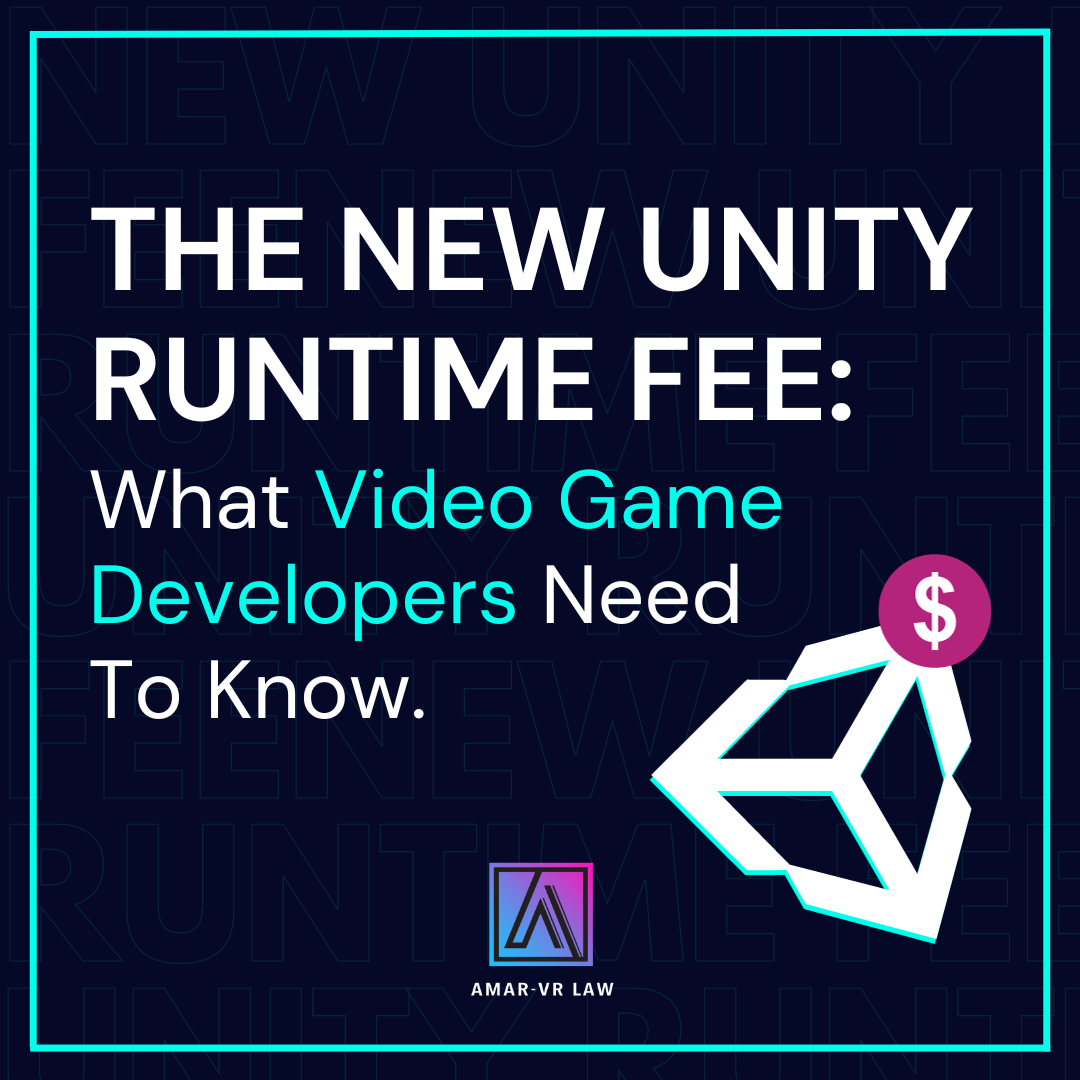

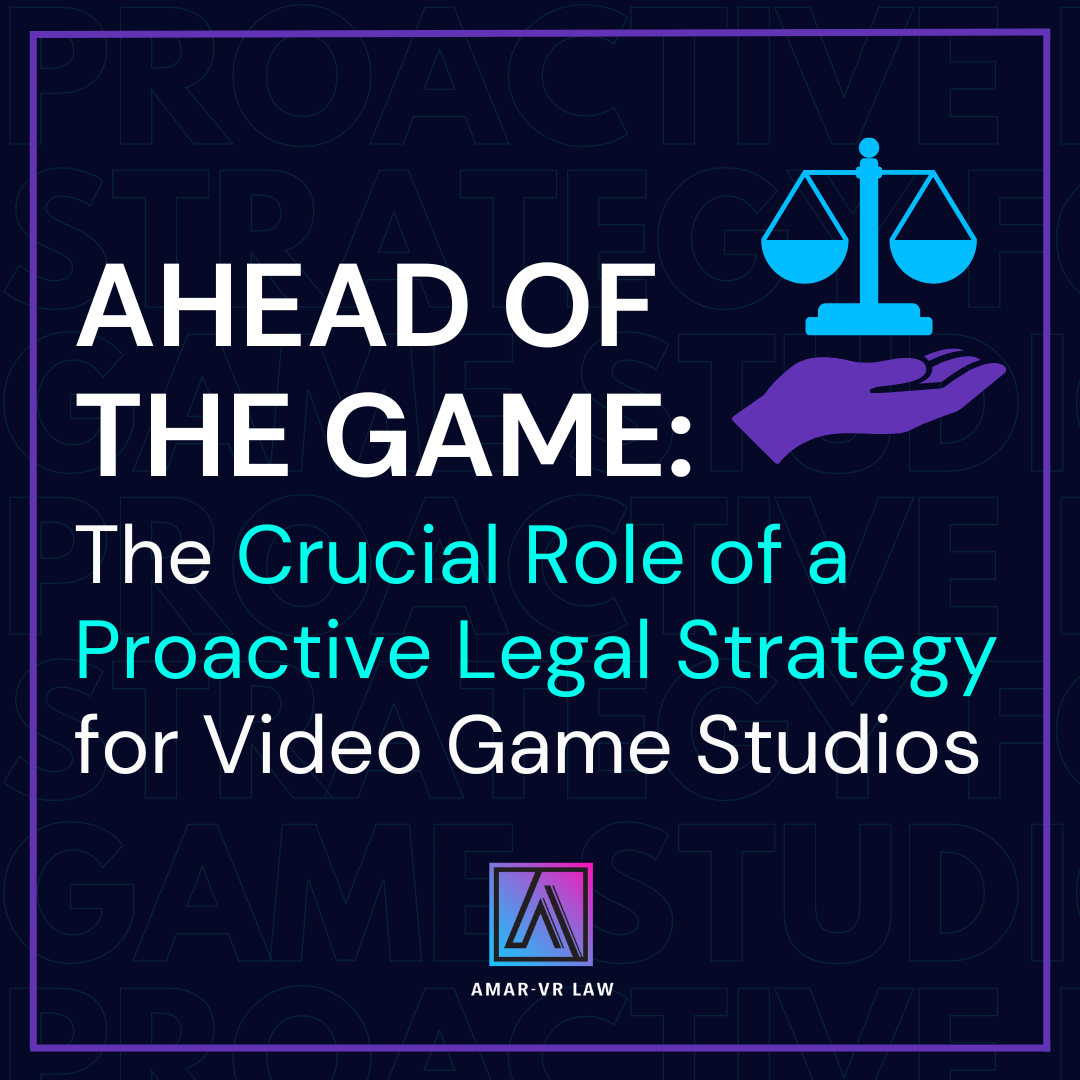

Address:
100 King Street West,
Suite 5700
Toronto, ON
M5X 1C7
Email: hello@amarvrlaw.com
Phone: 289-919-5929
Business Hours:
Monday: 10:00 AM – 6:00 PM
Tuesday to Friday: 9:00 AM – 5:00 PM
Saturday 9:00 AM – 12:00 PM
Address:
100 King Street West,
Suite 5700
Toronto, ON
M5X 1C7
Email: hello@amarvrlaw.com
Phone: 289-919-5929
Business Hours:
Monday: 10:00 AM – 6:00 PM
Tuesday to Friday: 9:00 AM – 5:00 PM








